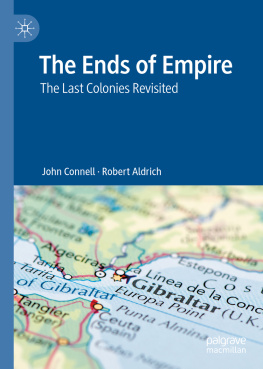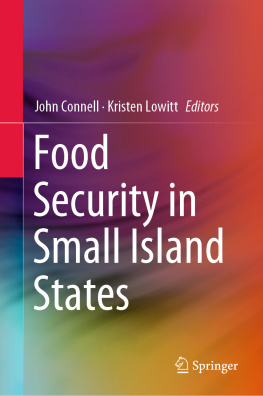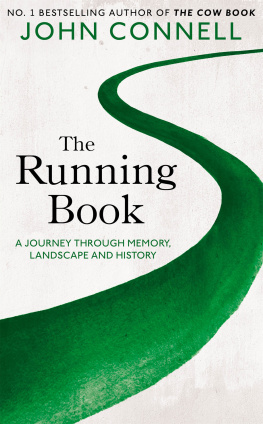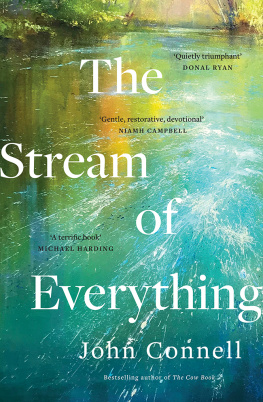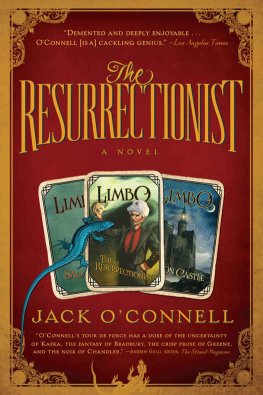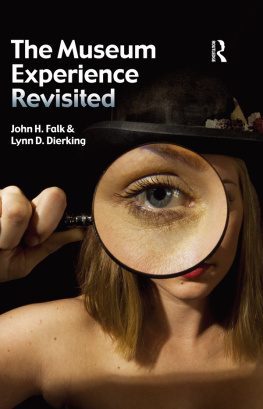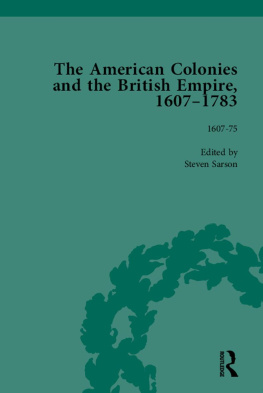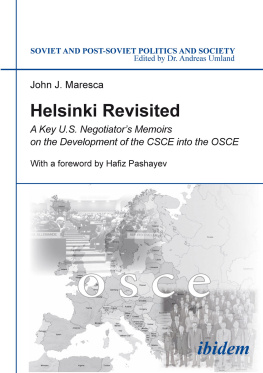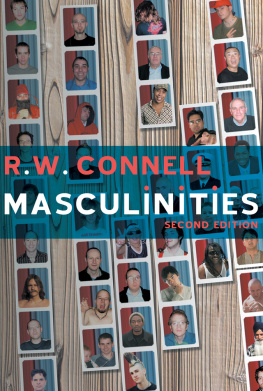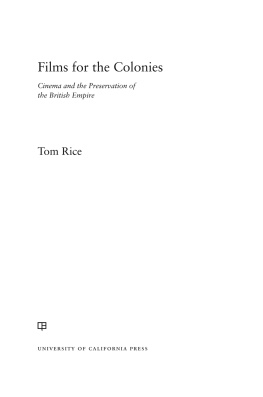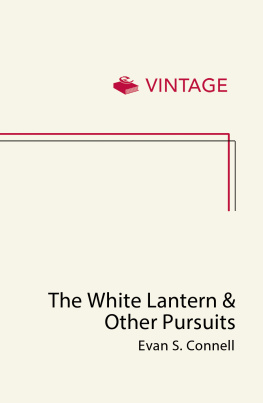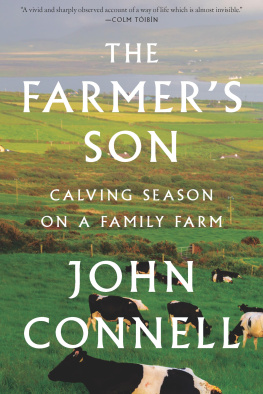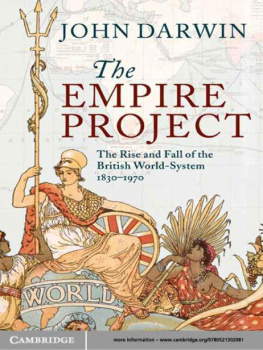John Connell - The Ends of Empire: The Last Colonies Revisited
Here you can read online John Connell - The Ends of Empire: The Last Colonies Revisited full text of the book (entire story) in english for free. Download pdf and epub, get meaning, cover and reviews about this ebook. publisher: Springer Singapore, genre: Politics. Description of the work, (preface) as well as reviews are available. Best literature library LitArk.com created for fans of good reading and offers a wide selection of genres:
Romance novel
Science fiction
Adventure
Detective
Science
History
Home and family
Prose
Art
Politics
Computer
Non-fiction
Religion
Business
Children
Humor
Choose a favorite category and find really read worthwhile books. Enjoy immersion in the world of imagination, feel the emotions of the characters or learn something new for yourself, make an fascinating discovery.
- Book:The Ends of Empire: The Last Colonies Revisited
- Author:
- Publisher:Springer Singapore
- Genre:
- Rating:4 / 5
- Favourites:Add to favourites
- Your mark:
- 80
- 1
- 2
- 3
- 4
- 5
The Ends of Empire: The Last Colonies Revisited: summary, description and annotation
We offer to read an annotation, description, summary or preface (depends on what the author of the book "The Ends of Empire: The Last Colonies Revisited" wrote himself). If you haven't found the necessary information about the book — write in the comments, we will try to find it.
The Ends of Empire: The Last Colonies Revisited — read online for free the complete book (whole text) full work
Below is the text of the book, divided by pages. System saving the place of the last page read, allows you to conveniently read the book "The Ends of Empire: The Last Colonies Revisited" online for free, without having to search again every time where you left off. Put a bookmark, and you can go to the page where you finished reading at any time.
Font size:
Interval:
Bookmark:
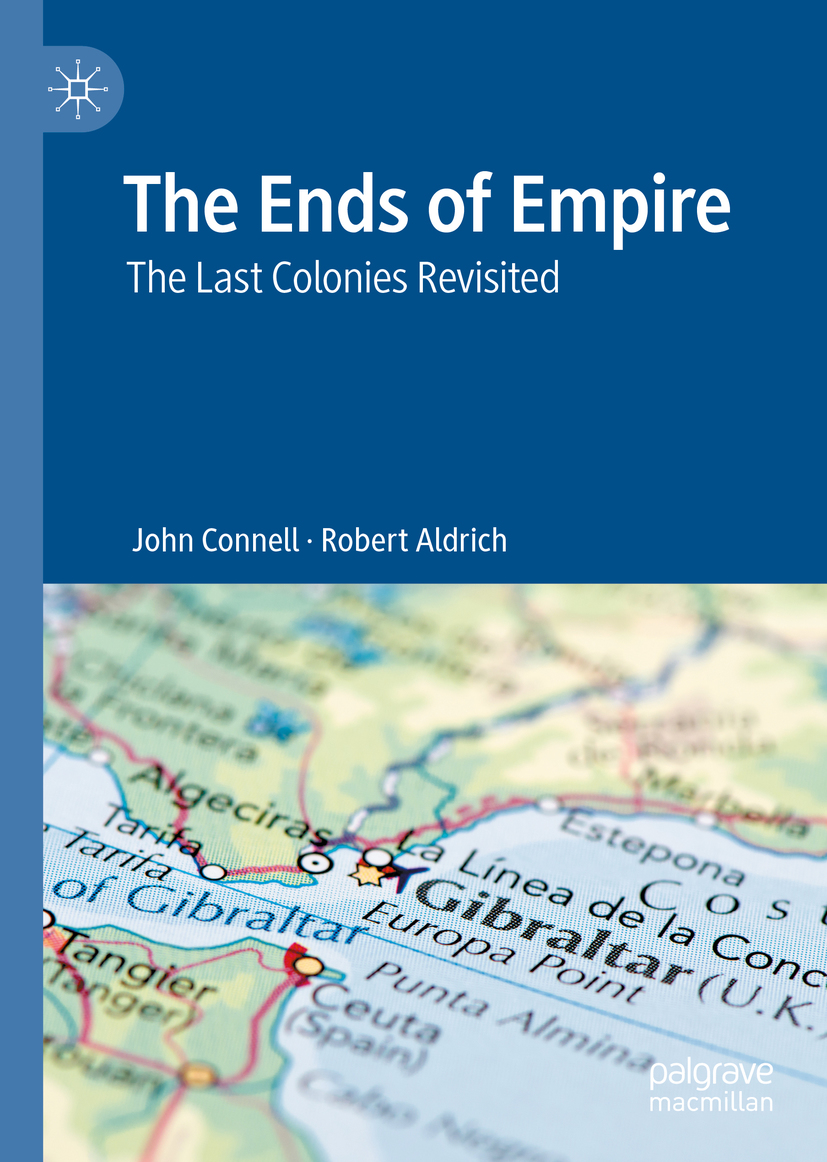

Cover illustration yorkfoto
This Palgrave Macmillan imprint is published by the registered company Springer Nature Singapore Pte Ltd.
The registered company address is: 152 Beach Road, #21-01/04 Gateway East, Singapore 189721, Singapore
Twenty years ago, our book The Last Colonies (1998) examined the status of some 50 overseas territories still administered by Britain , France , the Netherlands , Denmark , New Zealand , Australia , the United States, Portugal and Spain . They varied enormously in size, population , culture and status. Puerto Rico is a huge island with a correspondingly large population of more than three million, located quite close to its colonial power, the United States. By contrast tiny Pitcairn Island is more than 1000 kilometres from the next occupied island, an overseas territory of a fading colonial power on the other side of the globe. Tristan da Cunha is 2400 kilometres from any other inhabited place. But not all are either islands or small. Greenland, with two million square kilometres, is 50 times the size of its colonial power, Denmark . Ceuta, Melilla and Gibraltar are small urban continental enclaves. Scattered around the globe, and in every ocean, these places are usually overlooked in analyses of grand economic or geopolitical issues.
We argued that the last colonies deserved more attention, not only for their innate historical and cultural interest but for the commercial, political and military stakes they represented. That remains no less true now. This book seeks to provide a sequel to The Last Colonies, an attempt to examine what has happened to these territories in this century and consider what statehood and decolonisation may mean in a new era. It has been written amidst the shadows and uncertainties of Brexit and, even worse, edited during the scourge of the COVID-19 pandemic, hence future changes are inevitable.
If nothing else the overseas territories are diverse. From relatively well-known Gibraltar and the Falklands to little known Saba , the Cocos (Keeling) Islands and Anguilla, these islands and enclaves represent remnants of old and once extensive colonial empires, seemingly bypassed by decolonisation . Nationalist groups have nonetheless championed local and indigenous identities , condemned the exploitation of natural resources, challenged distant authority and demanded autonomy or independence. Occasionally, struggles for and against independence have turned violent, as in New Caledonia in the 1980s. Competing claims to territory have even sparked international conflicts, such as the 1982 Anglo-Argentine War over the Falkland Islands/Malvinas. Debates about the status of these territories point to profound questions about decolonisation , sovereignty and dependency, about nationalism and cultural identities, and about access to and use of natural and human resources.
Much has changed in this century. When we wrote The Last Colonies, acquiring information invariably necessitated visits, often a challenge in itself. Now, the internet has profoundly revolutionised the dissemination of information, providing a mass of documentation unimaginable when we culled rare articles from the printed pages of international newspapers. Writing the present book has been both easier, because of the vast amount of information on the web, but occasionally more difficult when surfeits of information made it hard to see the forest for the trees. While the internet age may have made data acquisition easier, coverage and quality are extremely variable and uneven, compared with larger states. Even basic population estimates can be far from accurate, and economic trends are poorly recorded. Visiting and revisiting the territories has continued to be invaluable, to gain access to other material, discuss change and stability, and simply experience distinctive geographies and cultures , beyond dry statistical data, government reports and esoteric monographs. We have consequently drawn on a myriad of sources and sites, from online reference works through handbooks, local newspapers and other ephemeral sites, not all of which it can be cited without littering the text with innumerable references. We are nonetheless grateful for the insights they provide on traits and trends across the territories, despite even coverage being impossible.
One or both of us have been fortunate in being able to visit almost all these territories, some several times, and we are grateful to the many informants and hosts there. We are particularly grateful to Brenda Ribeiro Padilha da Silva for the excellent maps and to Kaitao He for assistance with the Bibliography. We would also like to express our gratitude to the University of Sydney library for making available, often from great distances, crucial books and articles. Stephen Royle was a judicious and generous commentator on the final draft. So too was Wouter Veenendaal. Finally, we must thank Josh Pitt for his constant support and encouragement and Palgrave Macmillan for their patience.
Aruba, Bonaire and Curaao
BESBonaire, Sint-Eustatius and Saba
BIOTBritish Indian Ocean Territory
BVIBritish Virgin Islands
CARICOMCaribbean Community
CNMICommonwealth of the Northern Mariana Islands
EEZExclusive Economic Zone
EUEuropean Union
FEMAFederal Emergency Management Agency
FIFAFdration Internationale de Football Association
FLNKSFront de Libration Nationale Kanak et Socialiste
Font size:
Interval:
Bookmark:
Similar books «The Ends of Empire: The Last Colonies Revisited»
Look at similar books to The Ends of Empire: The Last Colonies Revisited. We have selected literature similar in name and meaning in the hope of providing readers with more options to find new, interesting, not yet read works.
Discussion, reviews of the book The Ends of Empire: The Last Colonies Revisited and just readers' own opinions. Leave your comments, write what you think about the work, its meaning or the main characters. Specify what exactly you liked and what you didn't like, and why you think so.

